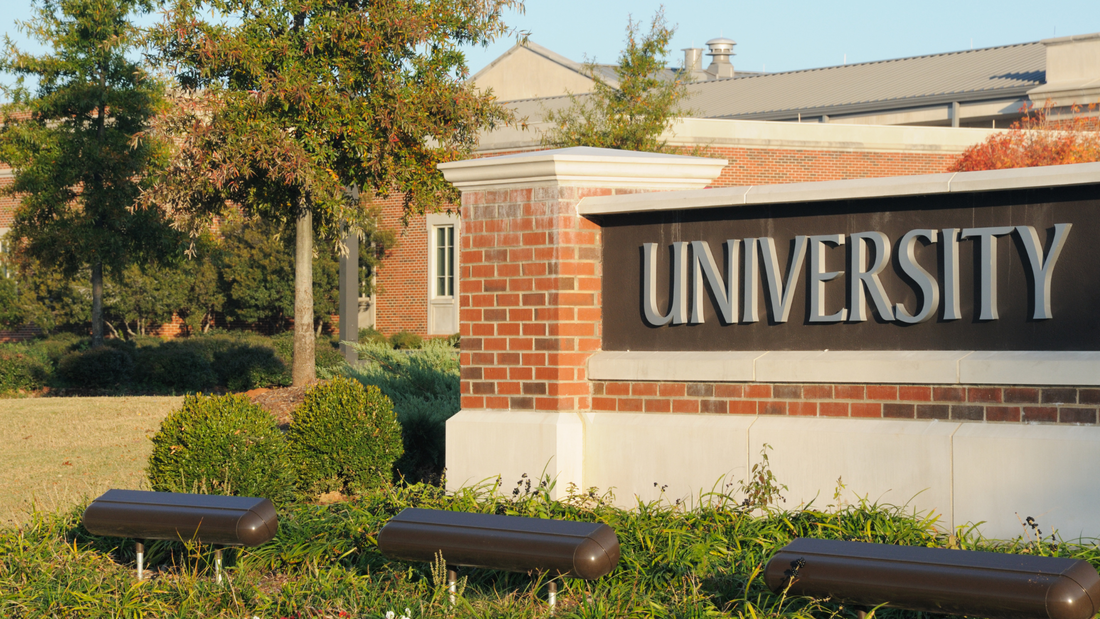|
Another university professor is in the news for showing a depiction of the Muslim Prophet Muhammad in a classroom. This is the second such incident involving a portrayal of the Prophet Muhammad to happen this academic year.
In the fall of 2022, Maziar Behrooz, as associate professor of history at San Francisco State University, was teaching a course on Islamic history when he showed his students a drawing of the prophet. Though artistic portrayals of the prophet are considered idolatry by many in the Muslim world, opinions differ. Behrooz, who was born in Iran, said that such drawings can be purchased in street markets in Tehran. A Muslim student objected to the depiction to Behrooz outside of class. Behrooz told the student that as the professor he has the ultimate discretion to decide class content. According to some accounts, the professor showed the image again, which the student took as a taunt, prompting him to issue a complaint. When approached by the chair, Behrooz replied that the student's view is not uniform among all Muslims and that many do own and display depictions of the Prophet Muhammad. The SFSU office of Equity & Compliance informed Behrooz in March that he would face an investigation. Despite appeals from some civil liberties organizations for SFSU to drop the investigation, California law may require the university to investigate the student’s complaint. As SFSU navigates this mine field, it should consider another recent academic drama centered around depictions of the prophet. In fall 2022, Hamline University professor Erika López Prater was fired for showing a depiction of the Prophet Muhammad in her global art history class. The incident was elevated to a national controversy. In January, professor López Prater sued Hamline for religious discrimination and defamation, as well as for damaging her professional and personal reputation. Hamline has since walked back their comments against professor López Prater, and over one-half of full-time Hamline faculty voted to demand President Fayneese Miller resign. In early April, the president announced that she would retire. The president of SFSU, Lynn Mahoney, has approached this case with greater care, issuing a statement that balances academic freedom with protecting students from harassment. As more cases like this occur, nuances could arise regarding the First Amendment – not only professors’ academic freedom, but also the religious liberty rights of students. This is another sign that American universities are in the midst of a major recalibration prompted by an increasingly diverse student body. Such recalibration can never come, however, at the cost of free inquiry, nor can de facto blasphemy laws be enshrined within higher education. Perhaps California law should not mandate such investigations in the first place, but rather give academic leaders flexibility to look into complaints in ways that protect students and academic freedom. Comments are closed.
|
Archives
June 2024
Categories
All
|
ABOUT |
ISSUES |
TAKE ACTION |



 RSS Feed
RSS Feed